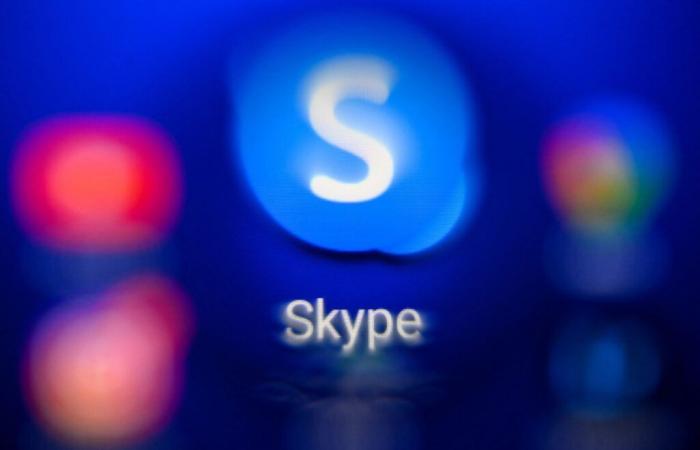Over time, Skype has gradually seen its shine fading, overwhelmed by competitors like Zoom and Google Meet, who have met new user expectations. Microsoft, causing Skype, oriented his attention to Teams, a more robust and collaborative solution, but also accessible to a wider audience. While Skype was distinguished by its simplicity, Teams has evolved to offer a more complete experience, meeting the needs of companies while establishing itself as a key player in the world of virtual communication. This transition, although predictable, marks the end of an era, that where Skype embodied the essential tool to break the distances.
Launched in 2003, Skype has established itself as a pioneer in the field of VoIP (Voice Over Internet Protocol), allowing users to make free voice calls between several people via the Internet. Very quickly, the application appealed to a large audience, and two years later, it was acquired by Ebay. The platform evolves gradually, adding increasingly practical features, such as instant messaging, file sharing, video calls and online conferences.
In 2011, it became the property of Microsoft for the colossal sum of $ 8.5 billion. The objective is to make it the official communication platform for Windows, Xbox and Office. However, this integration turns out to be more difficult than expected, and Skype never can fulfill its role as a universal platform for the Microsoft ecosystem, especially because of its problematic integration in Windows 10. Finally, with the arrival of Windows 11, Skype disappears completely, replaced by Microsoft Teams, which has established itself as the new reference in the field of professional digital communications.








